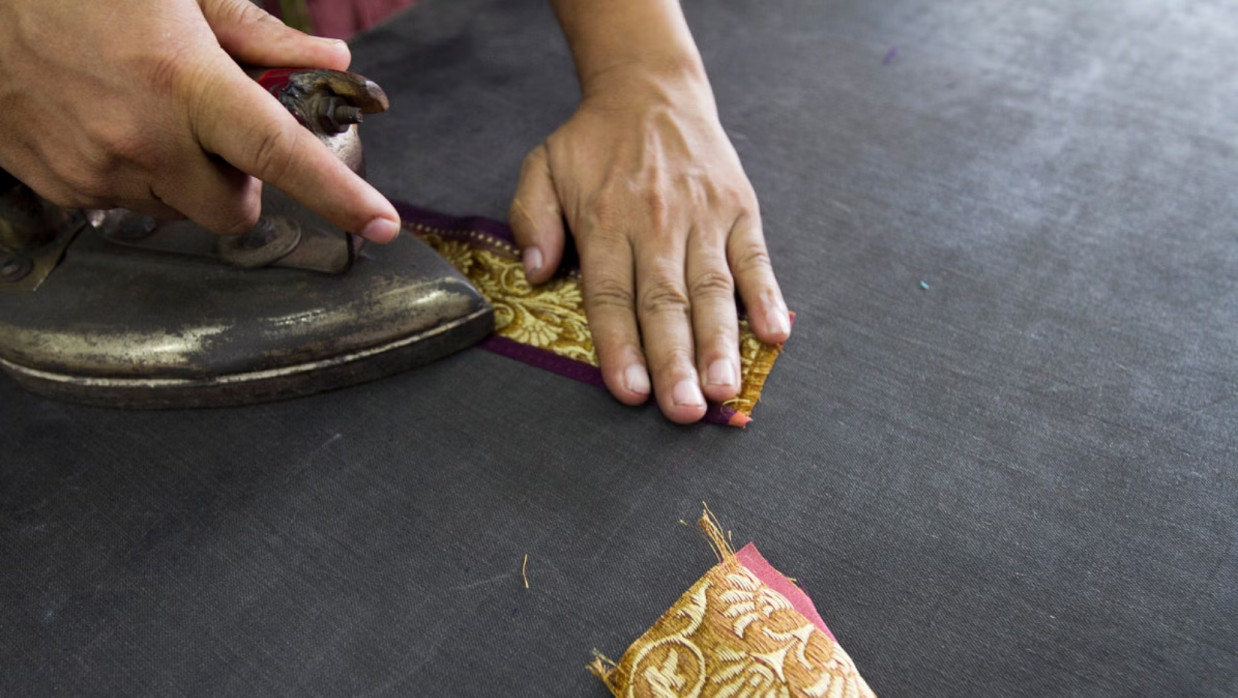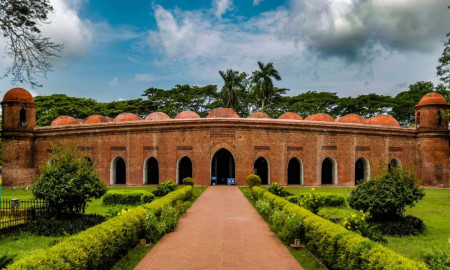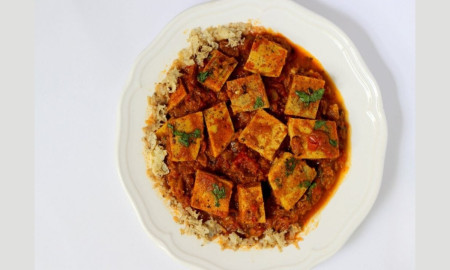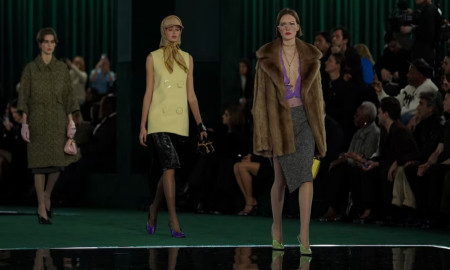Dhaka Tailors Await Eid Rush as Orders Lag Behind

As Ramadan progresses, Dhaka’s tailors, typically swamped with orders by mid-month, are experiencing an unusually light workload this year. With Eid-ul-Fitr approaching, many are still accepting new orders, a departure from the norm when they would turn away customers due to overwhelming demand.
Nazrul Khandakar, a cutting master at VO Tailors on Mirpur Road No. 12, attributes the slowdown to economic pressures. “When the country faces economic hardship, orders for men’s clothing drop significantly. Women’s orders remain steady. This year, I’ve only received 8-10 pants orders instead of the usual 20-25,” he said.
This trend is evident across tailor shops in areas like Keraniganj, Sutrapur, Mohammadpur, Mirpur, and Rampura. While tailors remain busy with tasks like measuring, cutting, sewing, and ironing, the anticipated last-minute Eid rush has yet to materialize. Many have hired extra staff, working long hours from morning to midnight to meet deadlines.
Selim Reza of Sagar Tailors in Lakshmi Bazar noted, “We’ve got a decent number of orders, but the workload is slightly lower than last year. We’re working hard to deliver on time and expect orders to pick up closer to Eid.”
Tailoring charges vary by garment: trousers cost Tk 200-350, salwar kameez Tk 300-1,000, blouses Tk 150-400, petticoats Tk 200, maxis Tk 350-400, gowns Tk 600-1,000, and burqas Tk 800-1,200. For many, custom tailoring remains a cost-effective option. Asma Akter, a customer at Bismillah Ladies & Gents Tailors in Keraniganj, said, “It’s cheaper to buy fabric and get it stitched than to buy ready-made clothes, especially for low-income families.”
Despite the lighter workload, some shops remain under pressure. Siddiqur Rahman, owner of a Keraniganj shop, said, “We’re busy enough to work through the night to meet deadlines. The real pressure comes from delivering everything two days before Eid.”
Orders for men’s clothing, such as shirts, pants, and Punjabi outfits (Tk 300-500), are notably down compared to women’s. Rahmat Ullah, a cutting master at Sutrapur Tailors, remarked, “Orders are steady but lower than expected. We’ve hired extra staff in case things pick up.”
Custom-made clothing remains popular for its perfect fit and design. Rokhsana Begum from Old Dhaka explained, “Ready-made clothes often don’t fit well or have the right color, so I always go to tailors.”
While some tailors struggle, others are thriving. Rustam Ali of Khukumoni Tailors in Vatara said, “We’re fully booked, with work increasing steadily since Ramadan began. We’re working until midnight, and some tailors are earning extra through overtime.”
To avoid last-minute chaos, some customers placed orders early. Lovely Akter from Sutrapur said, “Tailors are busiest at the end of Ramadan, so I ordered early and collected my clothes today.”
Larger tailor shops remain optimistic. Habibur Rahman, manager of Confidence Tailors in Sadarghat, noted, “We’re almost as busy as last year. Less crowding might be due to our expanded capacity, but we’re still taking orders for now. If it gets busier, we’ll stop.”
As Eid nears, Dhaka’s tailors remain hopeful for a surge in orders, balancing economic challenges with the enduring demand for bespoke clothing.















